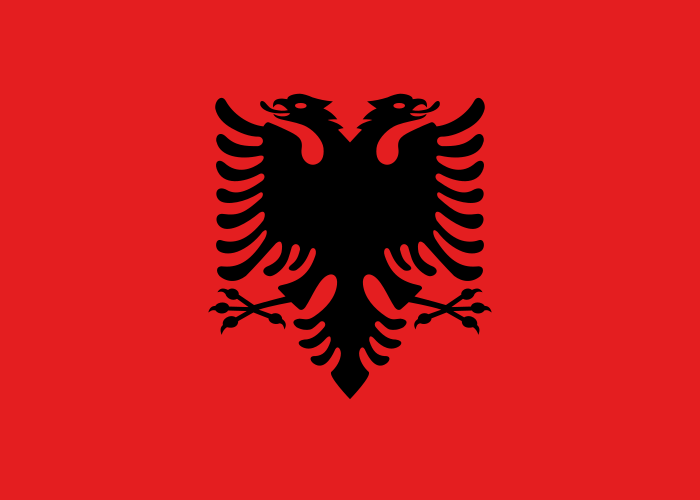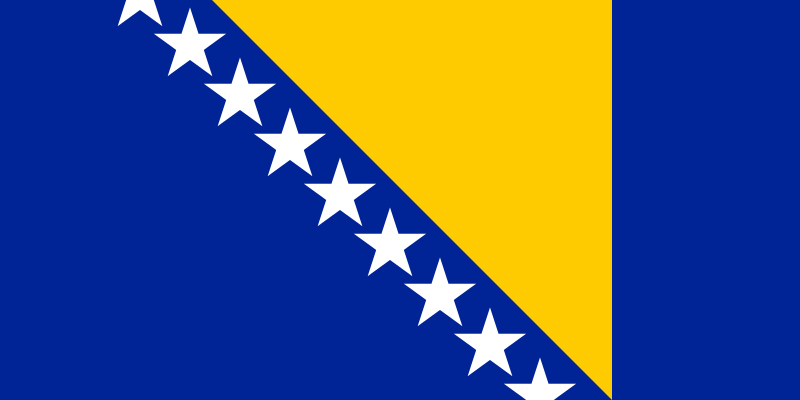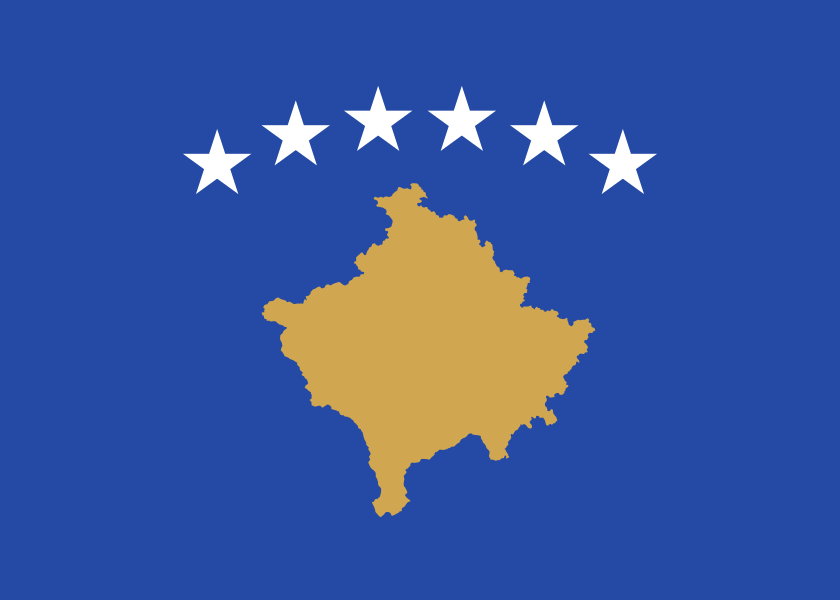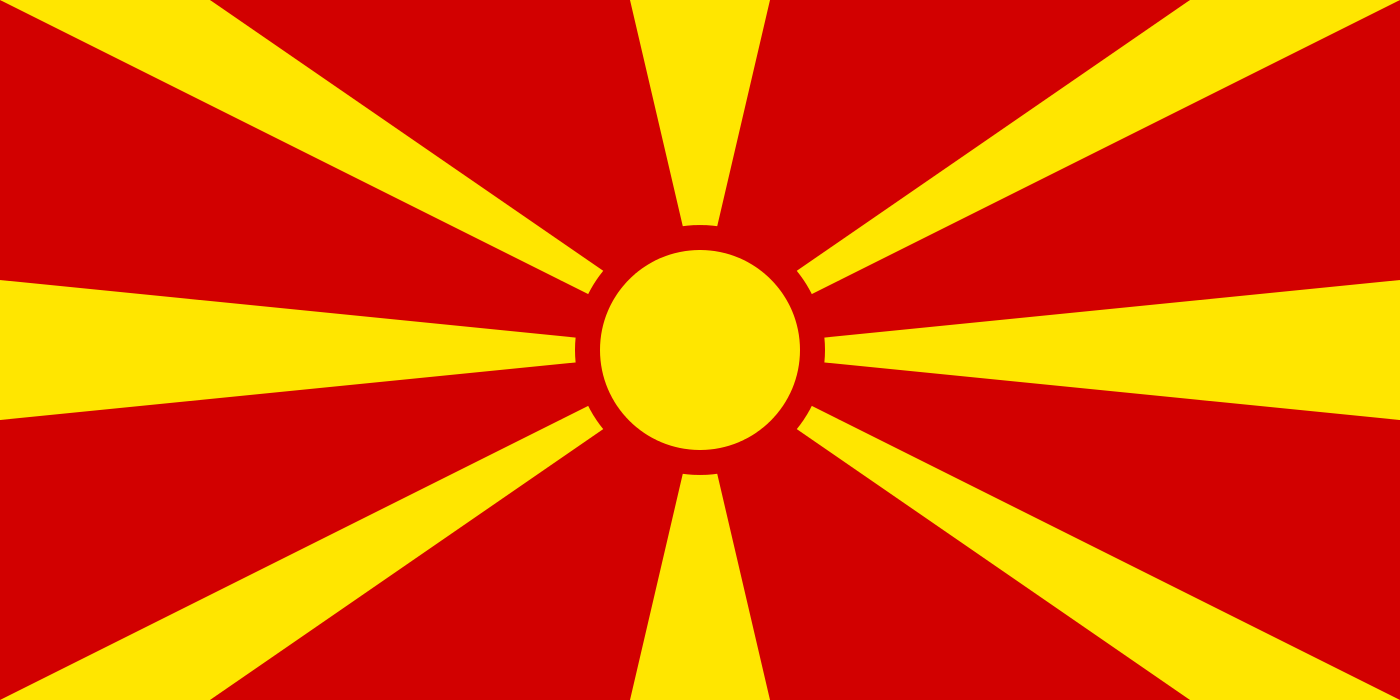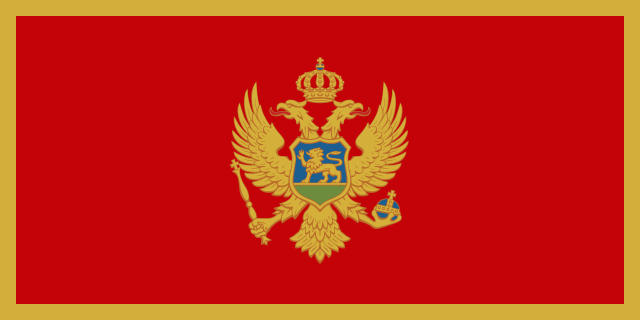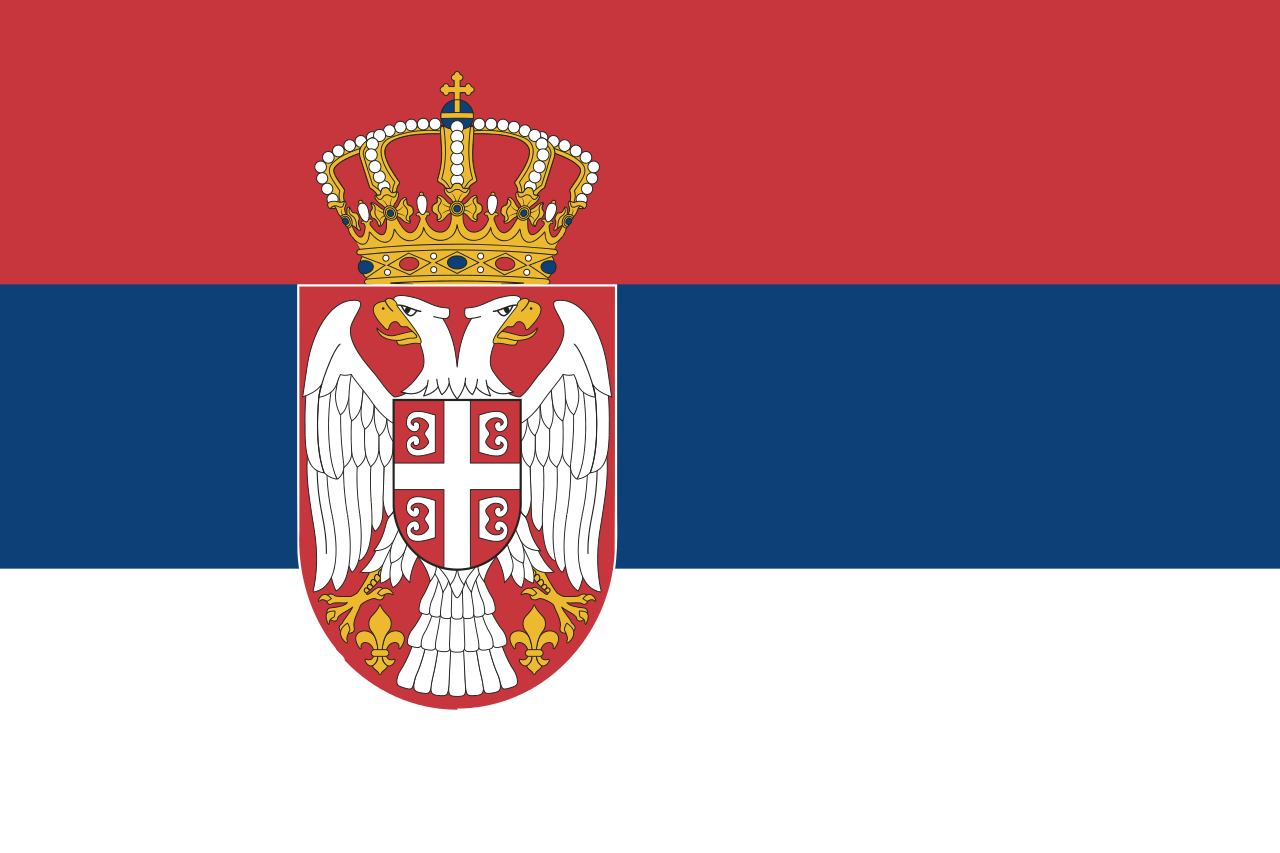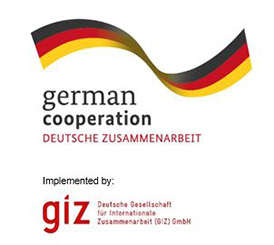Open Regional Fund for South East Europe – Energy Efficiency (ORF-EE)
Beneficiary Countries:
Short description of the overall project
The GIZ Open Regional Fund for South-East Europe (ORF-EE) works to strengthen the capacities of South-East European (SEE) partner countries in establishing regulatory and institutional conditions for implementation of sector relevant EU directives and regulations. It promotes regional cooperation among stakeholders with the capacity to drive the reform process in the energy and climate sector, thereby contributing to achieving national energy efficiency and climate protection targets in Albania, Bosnia and Herzegovina, Kosovo, North Macedonia, Montenegro and Serbia. ORF-EE focuses on using the potentials arising from similarities WB6 countries have in common, culturally, structurally and development challenges wise, which offers great potential for building and sharing relevant expertise in and through regional networks and other exchange formats. Partners include sector relevant ministries and agencies, cities, municipal associations of WB6 countries and the civil sector – Schools for Political Studies in SEE.
ORF-EE efforts also include the introduction and support in securing an integrated and sustainable approach to urban mobility planning in SEE. This includes support to cities and municipal associations in introduction of innovative solutions and individual operational steps, recommended by the European Commission, for a participatory and cooperative approach to development of Sustainable Urban Mobility Plans (SUMPs).
*The Open Regional Fund for South-East Europe - Energy Efficiency (ORF-EE) is implemented by Deutsche Gesellschaft für Internationale Zusammenarbeit (GIZ) on behalf of the German government. The GIZ is a public-benefit enterprise. The ORF-EE implements its own projects in cooperation with partners.
Short description of activities financed by the donation
The ORF-EE implements its project measures in close cooperation with partners, while providing them extensive capacity building and advisory support.
Impacts / Implemented Activities:
- Relevant partner ministries supported in monitoring and reporting sector relevant processes by developing the “Bottom up” Methodology, used as basis for the establishment of the Monitoring and Verification Platform (MVP) - web-based system for calculating achieved energy savings and CO2 reductions;
- MVP system transferred to partner countries for use.
- MVP system enhanced through ORF-EE multEE project (implemented under the EU Horizon 2020 program), proving itself in practice as a smart and innovative solution applicable to SEE, yet also finding use in the EU. It was implemented in several EU countries.
- Development of 3rd National Energy Efficiency Action Plans (NEEAPs) of WB6 countries supported, including the development of the 1st Annual Report template, required under the Energy Efficiency Directive (EDD).
- Political will in WB6 countries for sector reforms fostered. As a result of efforts invested, public (so called consultative) hearings of parliamentary committees responsible for energy efficiency were held for the first time in partner countries.
- Network of Energy-Efficient Capital Cities in SEE established - comprised of the cities of Zagreb, Sarajevo, Podgorica, Skopje and Tirana.
- Partners joining the European Covenant of Mayors Initiative supported, undertaking to reduce their CO2 emissions by at least 20%, by 2020.
- Establishment of energy management structures and EE info centers in SEE partner capital cities supported.
- Development of Sustainable Energy Action Plans in 5 capital cities of the region supported.
- Sector relevant regional exchange among representatives of WB6 countries, also with EU level representatives (MPs -Members of parliament), parliamentary staff, representatives of municipal associations and municipalities) fostered through following exchange formats:
- 18 MPs and parliamentary staff from partner countries took part in the first ever SEE parliamentary delegation study visit to the German Bundestag and Bundesrat.
- Mayors, deputy mayors and representatives from the cities of Tirana, Sarajevo, Podgorica, Belgrade and Skopje and Pristina, took active part in the panel discussion session Zooming in on Eastern Europe: Looking through a cultural different lens on SUMP at the 5th European Conference on Sustainable Urban Mobility Plans, held in Nicosia, Cyprus. The session inspired interest and motivation of the participants to jointly tackle urban mobility challenges in SEE.
- Largest delegation yet of SEE parliamentarians participated in the Inter-Parliamentary Meeting on Renewable Energy and Energy Efficiency, held in Vienna. Meeting was organized by EUFORES (European cross-party parliamentary network with members from all major political groups in the European Parliament, and in EU member states’ national parliaments).
- 1st (Vienna) and 2nd South-East Europe Parliamentary Forum on Energy Efficiency and Climate (Skopje), held back to back with EnC Parliamentary Plenum, bringing together members of WB6 parliaments, parliamentary staff and representatives of the Network of Schools for Political Studies in SEE.
- Kosovo parliamentary delegation visit to Montenegro focusing on exchange on energy efficiency legislation development and implementation. - Helped commit capital cities, cities, and municipal associations from WB6 partner countries to jointly work on implementation of sustainable urban mobility solutions in their cities, including to collaborate on the development of Sustainable Urban Mobility Plans.
- With the help of Schools for Political Studies informal green parliamentary groups were established in Montenegro and Bosnia and Herzegovina.
- 3rd SEE Parliamentary Planum on EE and Climate held in Brussels, Belgium, resulting in a Joint Declaration on EE and Climate in SEE, prepared by SEE parliamentarians.
2019 / 2020 Activities:
- Upgrade of MVP's capacities to fit the requirements of the EED, including primary energy savings calculations.
- Data collection and feeding into MVP to help reporting and policy making processes, validation of results and data check, analysis of data and evidence-based planning, including knowledge management and sustainability of established structure in WB6.
-
Implementation of regional trainings on use of the MVP in monitoring and planning of EE related plans for respective ministries administering the MVP system and national trainings for local level authorities (municipalities) in the WB6.
-
Support to implementation of selected EDD articles;
-
Support to newly established Energy Community Energy and Climate Committee.
-
Support to WB6 Energy Community Contracting Parties in developing Integrated National Energy and Climate Plans, setting and meeting renewable energy, energy efficiency and greenhouse gas emissions reduction targets by 2030.
-
With the help of Schools for Political Studies, ORF-EE is working towards establishing further informal green parliamentary groups and other formats for capacity development of parliamentarians and parliamentary staff in WB6 (Such as consultative hearings on EE and sustainable urban mobility; Including, support to MPs in policy paper development on EE, climate and/or sustainable urban mobility topics)
-
Organization of study trips for SEE MPs and parliamentary staff on the topic of sustainable urban mobility to EU countries (Ljubljana, Slovenia and a German city)
-
Support to partner cities and municipal associations in implementing sustainable urban mobility solutions and developing Sustainable Urban Mobility Plans (SUMPs).


